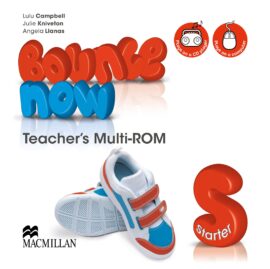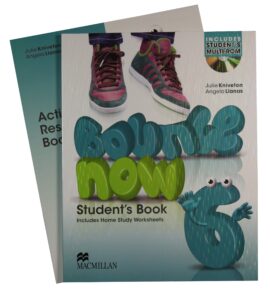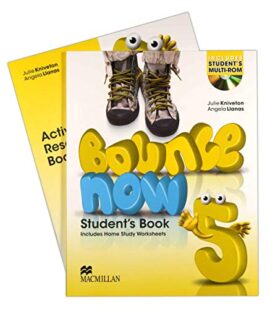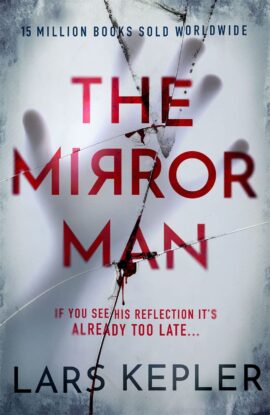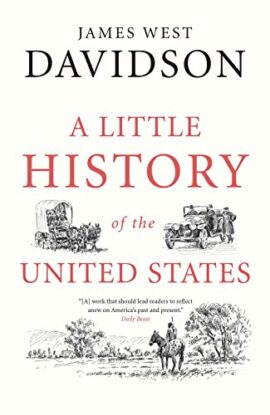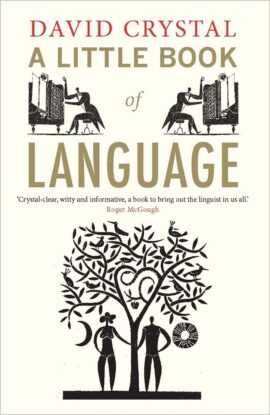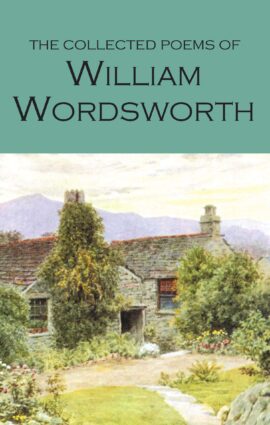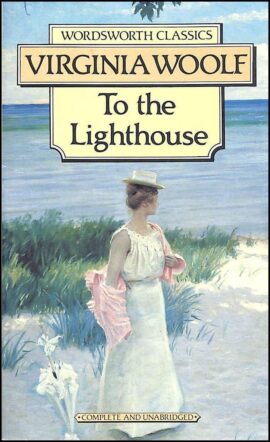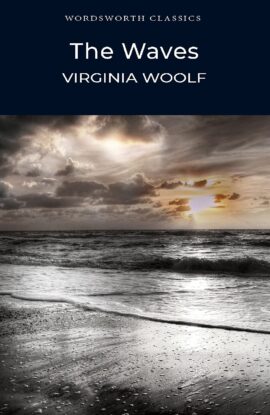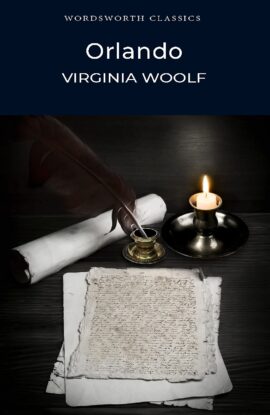Affichage de 61–72 sur 742 résultatsTrié par popularité
Bounce Now – Starter: Student’s Book & Multi-ROM
Bounce Now – Level 6: Student’s Book Pack (inc Activity Book & Multi-ROM)
Bounce Now – Level 5: Student’s Book Pack (Inc Activity Book & Multi-ROM)
The Mirror Man
En ung kvinna försvinner när hon är på väg hem från skolan. Fem år senare hittas hon mördad på en lekplats mitt i Stockholm. Via övervakningskameror lyckas Joona Linna spåra ett ögonvittne. När det visar sig att vittnet är en psykiskt sjuk man som inte har några som helst minnen av det han såg tar Joona kontakt med hypnotisören Erik Maria Bark.
Culture
One of our most brilliant minds offers a sweeping intellectual history that argues for the reclamation of culture’s valueCulture is a defining aspect of what it means to be human. Defining culture and pinpointing its role in our lives is not, however, so straightforward. Terry Eagleton, one of our foremost literary and cultural critics, is uniquely poised to take on the challenge. In this keenly analytical and acerbically funny book, he explores how culture and our conceptualizations of it have evolved over the last two centuries—from rarified sphere to humble practices, and from a bulwark against industrialism’s encroaches to present-day capitalism’s most profitable export. Ranging over art and literature as well as philosophy and anthropology, and major but somewhat "unfashionable" thinkers like Johann Gottfried Herder and Edmund Burke as well as T. S. Eliot, Matthew Arnold, Raymond Williams, and Oscar Wilde, Eagleton provides a cogent overview of culture set firmly in its historical and theoretical contexts, illuminating its collusion with colonialism, nationalism, the decline of religion, and the rise of and rule over the "uncultured" masses. Eagleton also examines culture today, lambasting the commodification and co-option of a force that, properly understood, is a vital means for us to cultivate and enrich our social lives, and can even provide the impetus to transform civil society.
A Little History of the United States (Little Histories)
A fast-paced, character-filled history that brings the unique American saga to life for readers of all ages“This is a little history with a big heart, meant to be savored more than studied, read out loud like poetry, or perhaps sung like a hymn.”—Joseph J. Ellis, author of Founding Brothers“Davidson has written a work that should lead readers to reflect anew on America’s past and present. . . . We can all use not just a good refresher course on American history, but also some good historical thinking on how we might better realize freedom, equality, and E pluribus unum.“—Daily BeastHow did a land and people of such immense diversity come together under a banner of freedom and equality to form one of the most remarkable nations in the world? Everyone from young adults to grandparents will be fascinated by the answers uncovered in James West Davidson’s vividly told A Little History of the United States. In 300 fast-moving pages, Davidson guides his readers through 500 years, from the first contact between the two halves of the world to the rise of America as a superpower in an era of atomic perils and diminishing resources.In short, vivid chapters the book brings to life hundreds of individuals whose stories are part of the larger American story. Pilgrim William Bradford stumbles into an Indian deer trap on his first day in America: Harriet Tubman lets loose a pair of chickens to divert attention from escaping slaves: the toddler Andrew Carnegie, later an ambitious industrial magnate, gobbles his oatmeal with a spoon in each hand. Such stories are riveting in themselves, but they also spark larger questions to ponder about freedom, equality, and unity in the context of a nation that is, and always has been, remarkably divided and diverse.
A Little History of Economics (Little Histories)
A lively, inviting account of the history of economics, told through events from ancient to modern times and through the ideas of great thinkers in the field“A whistle-stop introduction to the great works and thinkers of each age, this is a clear and accessible primer.”—Laura Garmeson, Financial TimesWhat causes poverty? Are economic crises inevitable under capitalism? Is government intervention in an economy helpful, or harmful? While the answers to such basic economic questions matter to everyone, the unfamiliar language and math of economics can seem daunting. This clear, accessible, and even humorous book is ideal for young readers new to economic concepts, and for readers of all ages who want to better understand economic history and ideas.Economic historian Niall Kishtainy organizes short chapters that center on big ideas and events. He introduces us to some of the key thinkers—Adam Smith, David Ricardo, Karl Marx, John Maynard Keynes, and others—while examining topics ranging from the invention of money to the Great Depression, entrepreneurship, and behavioral economics. The result is an enjoyable book that succeeds in illuminating the economic ideas and forces that shape our world.
A Little Book of Language (Little Histories)
Now in paperback, in the tradition of E. H. Gombrich's A Little History of the World, a lively journey through the story of languageWith a language disappearing every two weeks and neologisms springing up almost daily, an understanding of the origins and currency of language has never seemed more relevant. In this charming volume, a narrative history written explicitly for a young audience, expert linguist David Crystal proves why the story of language deserves retelling.From the first words of an infant to the peculiar modern dialect of text messaging, A Little Book of Language ranges widely, revealing language’s myriad intricacies and quirks. In animated fashion, Crystal sheds light on the development of unique linguistic styles, the origins of obscure accents, and the search for the first written word. He discusses the plight of endangered languages, as well as successful cases of linguistic revitalization. Much more than a history, Crystal’s work looks forward to the future of language, exploring the effect of technology on our day-to-day reading, writing, and speech. Through enlightening tables, diagrams, and quizzes, as well as Crystal’s avuncular and entertaining style, A Little Book of Language will reveal the story of language to be a captivating tale for all ages.
THE WORKS OF WILLIAM WORDSWORTH
With an Introduction by Antonia Till.William Wordsworth (1771-1850) is the foremost of the English Romantic poets. He was much influenced by the events of the French Revolution in his youth, and he deliberately broke away from the artificial diction of the Augustan and neo-classical tradition of the eighteenth century. He sought to write in the language of ordinary men and women, of ordinary thoughts, sights and sounds, and his early poetry represents this fresh approach to his art.Wordsworth spent most of his adult life in the Lake District with his sister Dorothy and his wife Mary, by whom he had four children. His remarkable autobiographical poem 'The Prelude' was completed in 1805, but was not published until after his death, and it is included in this full edition of Wordsworth's poetry.
To the Lighthouse (Wordsworth Classics)
With an Introduction and Notes by Dr Nicola Bradbury, University of Reading.This simple and haunting story captures the transcience of life and its surrounding emotions.To the Lighthouse is the most autobiographical of Virginia Woolf's novels. It is based on her own early experiences, and while it touches on childhood and children's perceptions and desires, it is at its most trenchant when exploring adult relationships, marriage and the changing class-structure in the period spanning the Great War.
The Waves (Wordsworth Classics)
Introduction and Notes by Deborah Parsons, University of Birmingham.'I am writing to a rhythm and not to a plot', Virginia Woolf stated of her eighth novel, The Waves. Widely regarded as one of her greatest and most original works, it conveys the rhythms of life in synchrony with the cycle of nature and the passage of time. Six children - Bernard, Susan, Rhoda, Neville, Jinny and Louis - meet in a garden close to the sea, their voices sounding over the constant echo of the waves that roll back and forth from the shore.The subsequent continuity of these six main characters, as they develop from childhood to maturity and follow different passions and ambitions, is interspersed with interludes from the timeless and unifying chorus of nature. In pure stream-of-consciousness style, Woolf presents a cross-section of multiple yet parallel lives, each marked by the disintegrating force of a mutual tragedy.The Waves is her searching exploration of individual and collective identity, and the observations and emotions of life, from the simplicity and surging optimism of youth to the vacancy and despair of middle-age.
Orlando (Wordsworth Classics)
With an Introduction and Notes by Merry M. Pawlowski, Professor and Chair, Department of English, California State University, Bakersfield.Virginia Woolf's Orlando 'The longest and most charming love letter in literature', playfully constructs the figure of Orlando as the fictional embodiment of Woolf's close friend and lover, Vita Sackville-West. Spanning three centuries, the novel opens as Orlando, a young nobleman in Elizabeth's England, awaits a visit from the Queen and traces his experience with first love as England under James I lies locked in the embrace of the Great Frost.At the midpoint of the novel, Orlando, now an ambassador in Costantinople, awakes to find that he is a woman, and the novel indulges in farce and irony to consider the roles of women in the 18th and 19th centuries.As the novel ends in 1928, a year consonant with full suffrage for women. Orlando, now a wife and mother, stands poised at the brink of a future that holds new hope and promise for women.


